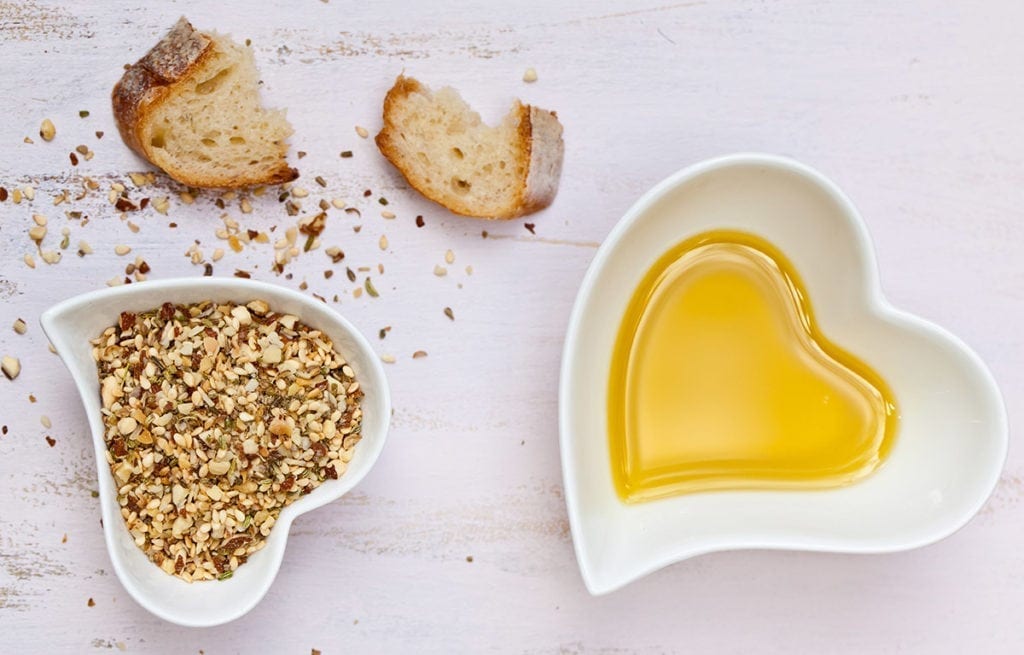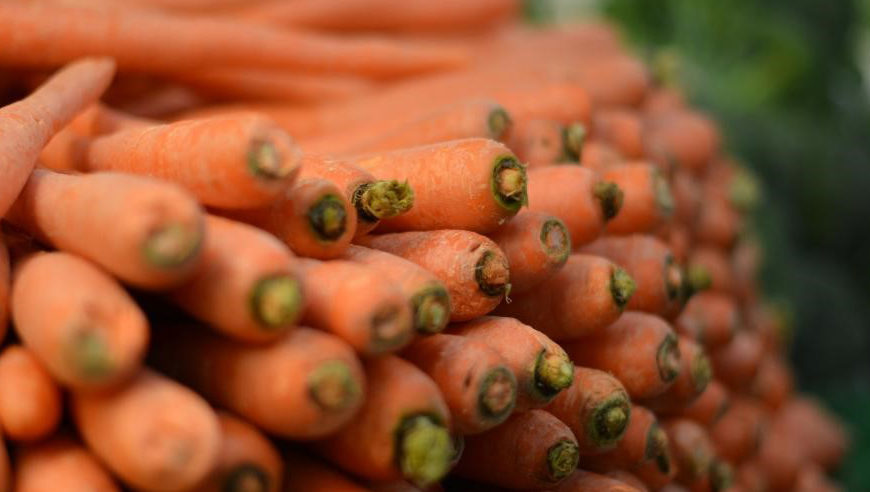Olive oil should be purchased in a dark bottle. Have you noticed that all high-quality olive oils come in a black or dark green bottle? This is to prevent light oxidation while it sits on the shop shelf. It should be stored in a cool, dark place to further minimise light and heat oxidation (although the fridge is too cold, it will start to solidify). Fats are prone to oxidation through light, heat and oxygen.
Extra Virgin
This is the first press that requires the least amount of heat (and no chemicals) to extract the oil from the fruit.
Virgin
This is the second press that requires a little more heat (but no chemicals) to extract the oil from the fruit.
Cold Pressed
Extra virgin and virgin olive oils are always cold pressed. This reassures us that the oil has not been heated above 27 degrees celsius. This olive oil has been extracted via a mechanical (rather than chemical) process.
Regular
Olive oil that is not labelled as ‘virgin’ or ‘extra virgin’ may be treated with high temperatures and chemicals to extract the last of the oil from the fruit. Like wringing out the last drop of water from your face cloth, it requires a bit more muscle. The high temperature and chemical process is similar to the production of vegetable oils. This olive oil could be a blend of both cold-pressed and heated olive oil.
Light
Don’t be fooled into buying ‘light’ olive oil. Light is a marketing term to attract people who are on the hunt for low calorie, low-fat foods. Light olive oil is lighter in colour, antioxidants and flavour (it has a neutral flavour). But it contains the same amount of fat and calories as regular olive oil. This means you are getting less antioxidants and nutrients per calorie, deeming light olive oil less nutrient-dense gram-for-gram.
What Should I Buy to Cook With?
There is little difference between the smoke point of extra virgin olive oil (207 degrees) and virgin olive oil (210 degrees). Save your expensive extra virgin olive oil for salads, and cook in virgin olive oil (however, both are suitable for cooking). Nobody needs regular or light olive oil.
*Extract from my book MY NUTRITION MENTOR by Liv Kennedy

Check out my blogs The Good, the Bad and the Ugly Fats and Does Eating Fat Make You Fat?
Your Nutrition Mentor,




